The information technology has flourished within the last 20 years. Relatively recently, people could hardly imagine affordable internet technologies. These days we consider it a common thing. Most data is stored and processed online nowadays. We call it cloud technologies.
The concept of cloud technologies is rather simple. Instead of keeping all the data and calculations on local servers, businesses prefer giving this responsibility over to cloud storages. The latter provide their paid services and guarantee excellent software uptime.
What does this concept remind you of? As it turns out, people often confuse cloud technologies with the software as a service (SaaS) model. Without a doubt, these two have a lot in common but they are still different IT-approaches. Let’s discover the difference between SaaS and cloud computing and find out which one suits your business the most.
What Is Cloud-Computing?
To figure out cloud computing specifics, let’s consider the following example. Imagine you have developed an application and now it’s time to launch it. Publishing your software now means it becomes accessible from any corner of the world. But what is more essential, the connection has to be stable.
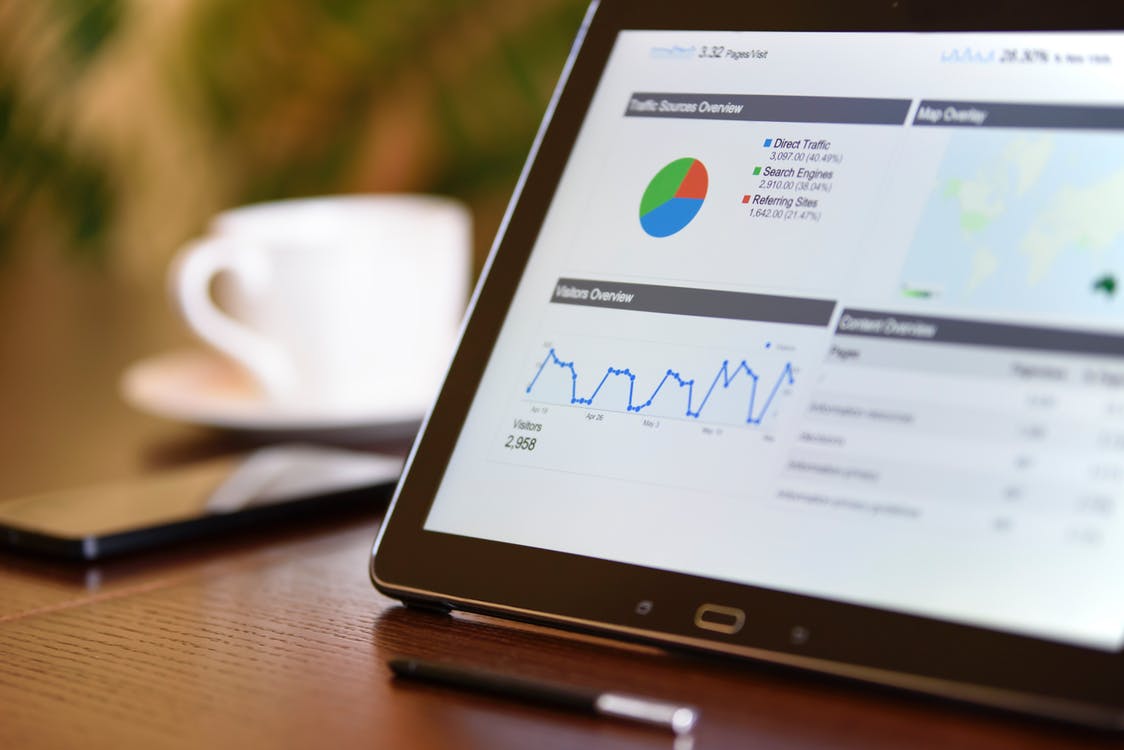
Technologies are increasing their requirements. People can’t stand slow apps, and this is where cloud computing comes in handy. The idea is to store your app on a so-called dedicated cloud server. This is an exceedingly powerful computer with an excellent bandwidth capacity.
Cloud technologies allow countless customers to use your software simultaneously. Cloud providers are, basically, the server suppliers. With that said, they take care of the platform for your application. At the same time, the software functionality and performance are 100% your responsibility, and the cloud provider isn’t liable for it in any way.
What Is Software As a Services (SaaS)?
Is SaaS and cloud computing the same? Well, they are similar concepts. Both of them provide remote data storage, but software as a service supplies you with the application itself. Let’s roll up our sleeves and dig into the SaaS specifics.
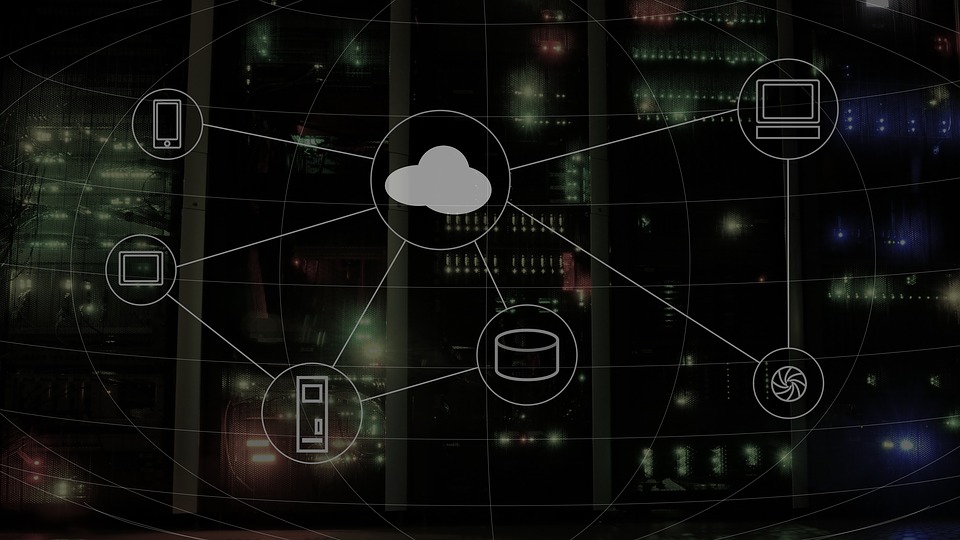
SaaS vs Cloud Computing: Which One Does Your Business Need?
Now that you have a grasp of Cloud solutions and understand the SaaS technology definition, let’s compare them step by step. We will consider the most subtle aspects of these two and choose the most profitable one for you.
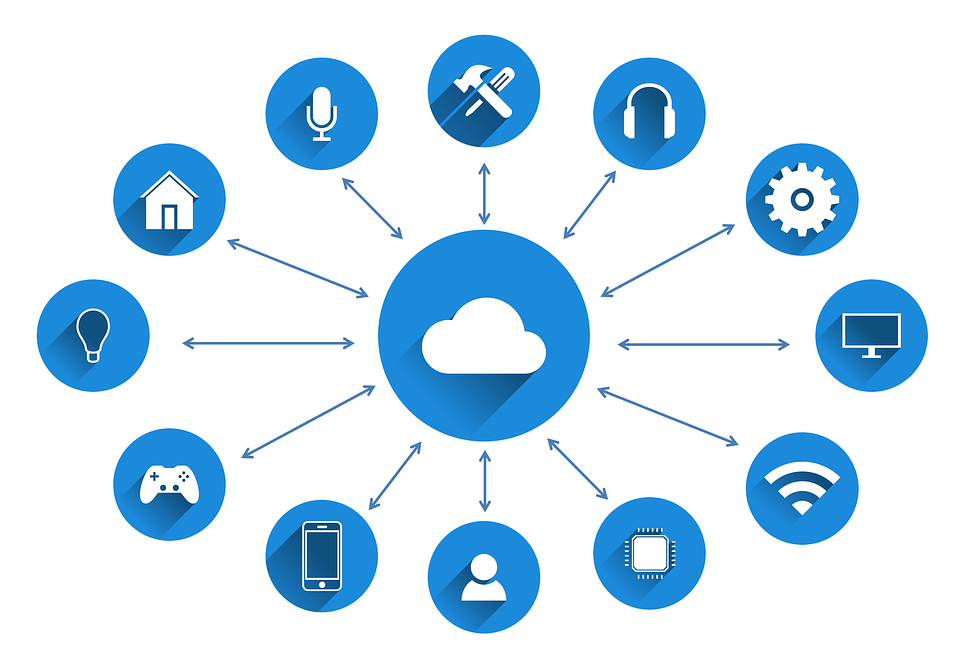
Software as a Service VS Cloud Computing
Cloud computing is cheaper than SaaS, and there is a reason for that. You see, cloud solutions provide only the platform for the software. You have to handle the rest, including app development, testing, continuous integration, and optimization, etc. This makes cloud suppliers do less and, therefore, charge you less.
Moreover, cloud solutions are flexible ones. As you are entirely in charge of your app, nobody but you decides its future. It means the cloud is a truly multipurpose option that suits nearly any business.
Wrapping up, cloud computing technology can boast of:
- Affordable price;
- Full control of an app;
- High flexibility.

As far as SaaS is concerned, it is a comprehensive approach. Software as a service removes the need for you to develop and deploy your app. Well, at least the functionality SaaS covers.
What is even more crucial, SaaS supplier carries the software maintenance burden on his shoulders. You can thoroughly focus on delivering your product without worrying about your workflow management, for instance.
Another edge of the SaaS solution is the quality warranty. Software providers are liable for the performance of their services and will do everything to meet your requirements.
All in all, SaaS benefits are:
- Integrated approach;
- No need to maintain;
- Guaranteed quality.

Cloud-Computing vs SaaS: What Are Their Shortcomings?
Of course, we can’t define the difference between software as a service and cloud computing without mentioning their drawbacks. As for cloud, your solution may lack integrity. What we mean is your project becomes experience-dependant. As long as your development team delivers your app, it is up to them to keep the software up and running.
Although it is not an unambiguously bad thing, SaaS alternative is a quality warranty. With that said, cloud storage of your own app will work only if you have a team of experienced developers you trust.
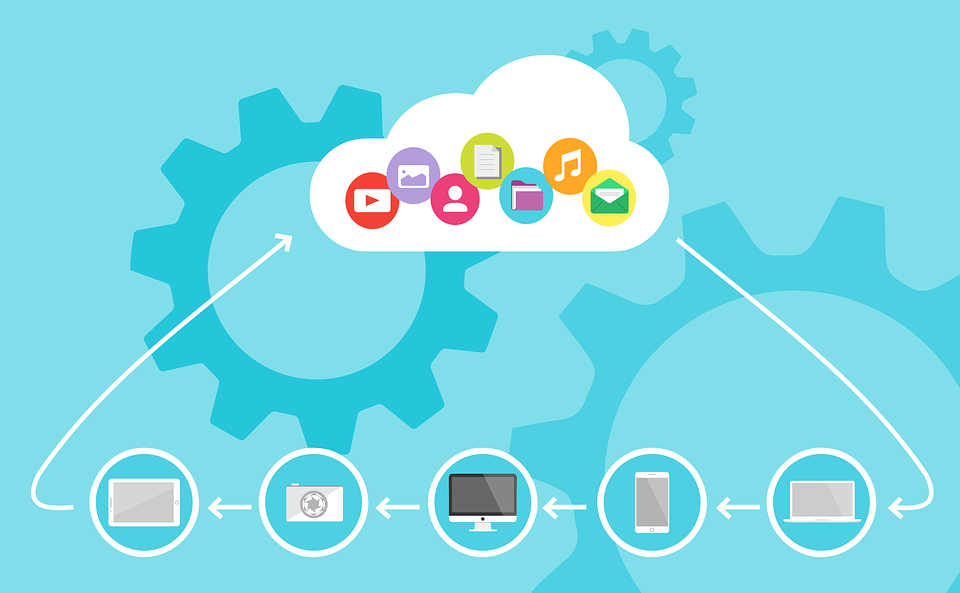
But while the cloud option lacks a guarantee, SaaS solutions can’t provide enough flexibility. The thing is, software as a service is often a ready-made application. This makes it significantly harder to configure the solution.
Fortunately, the best SaaS suppliers make project-specific adjustments easy. However, it is not always enough. You have to be sure that you are happy with the current solution and there won’t be any critical changes in your business logic.

Cloud vs SaaS: Tips on Choosing the Best One for Your Project
Now that you know the SaaS and cloud computing difference, let’s figure out which app delivery model will meet your requirements most sufficiently and which points you should bear in mind.
Evaluate Your Budget
Your solution brainstorming should start with an estimation of the budget you are planning to spend. Usually, Software as a Service is a pricey option, and it is sometimes cheaper to develop your custom app and store it on a cloud.

Define Your Time to Market
Nowadays, the IT-driven world is pushing us to launch projects early to stay relevant and competitive. That’s why the time to market matters. While cloud computing doesn’t boost your project development, the SaaS alternative can replace one or even several software modules, which will significantly increase your chances to release earlier than the rivals.
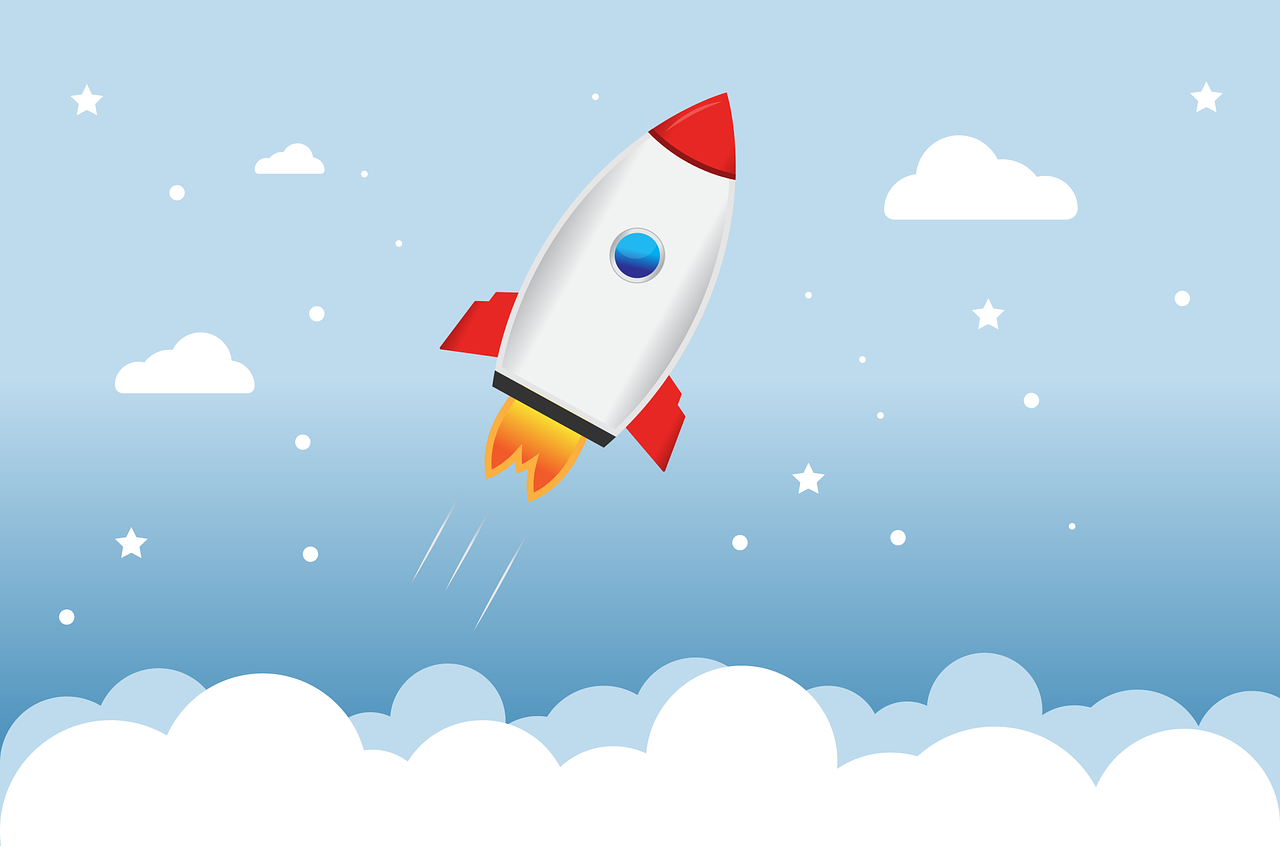
Decide on Flexibility Requirements
Imagine that you are leading an IoT or Big Data project. It is often hard to tell which data you are going to work with eventually. SaaS solutions for data management on the SQL platform will serve you well until you start scaling. The more diverse your dataset becomes, the less sufficient the solution.

Creating your own solution on Mongo, for instance, will take more time, but will open the opportunities to integrate horizontally with no issues related to data management.
The Bottom Line
Now you know what is the difference between SaaS and cloud. Although these deployment approaches are similar, they have some substantial specifics. This makes both cloud computing and SaaS perfect for one case and irrelevant to another. Luckily, you know now how to use them properly.
Discover and learn new technologies, and be ready for anything. Remember: motivation and knowledge are the core of success.


